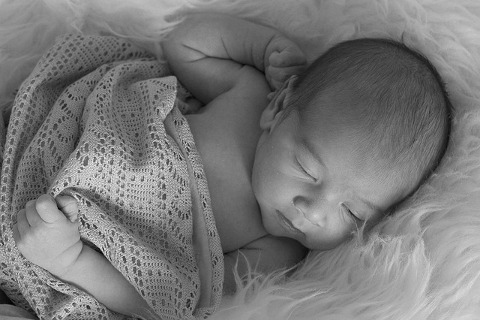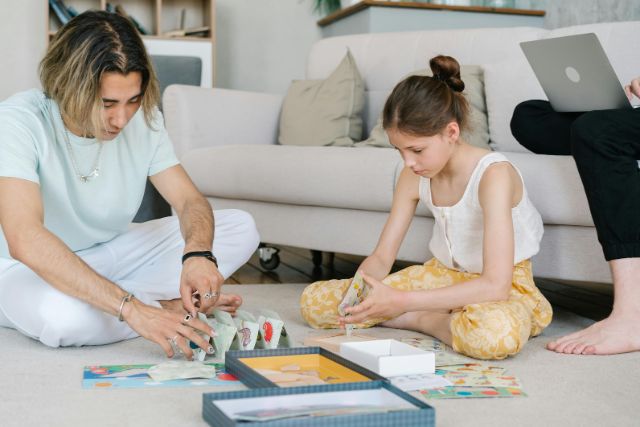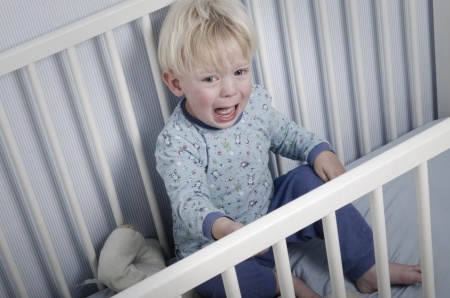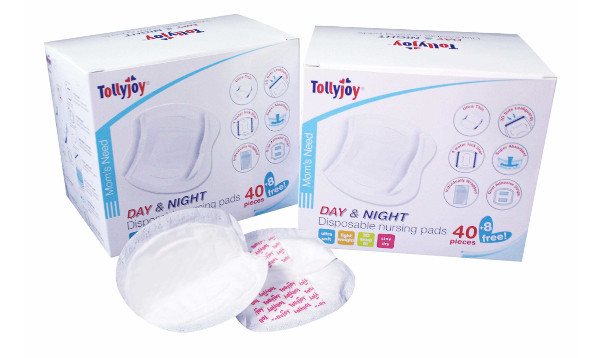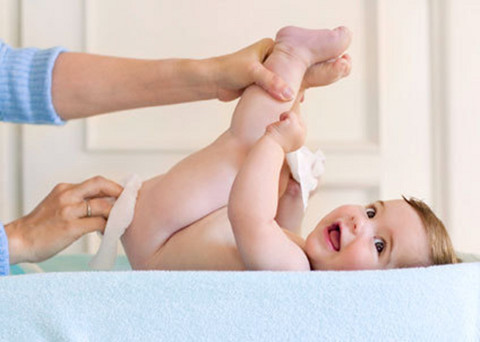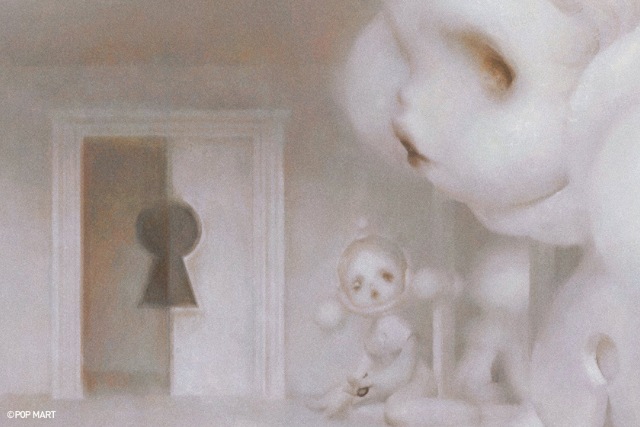Sleepless nights and broken sleep are commonplace with most new mums.
Of course, some of the reasons for this disturbance are out of our control; we obviously have to get up for night feeds, or if our baby has colic, or for many other reasons related to a baby’s sleeping difficulties.
But there is one cause of an unsettled baby during the night which we can control: leaky diapers.
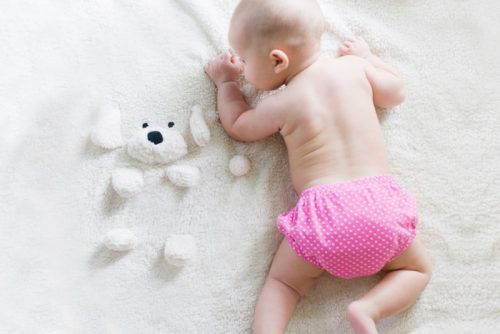
Here are quick tips to help you stop them, so your baby – and you – can sleep as soundly as possible.
1. Stick to a schedule
Changing infrequently and at irregular times is one of the biggest causes of a leaky diaper. So from the outset, set a schedule that fits both you and your baby.
Keep note of their wet and messy diapers, making sure you have a change on hand whenever they occur. These times normally include right after they wake up, after they eat, before and after naps and before bedtime.
It isn’t too hard to stick to a diaper-changing schedule, as you’ll be feeding them/putting them down for naps and bed at roughly the same time every day anyway. But it’s something that can be really helpful, for both leaky diapers and when it’s time to potty train your child.
2. Monitor their diet… and yours

If you’re breastfeeding, it should be obvious that whatever you eat affects your baby.
So if they experience diaper leaks due to a case of the runs, it’s likely that something they’re ingesting doesn’t agree with them.
Whether it’s the big groups, like dairy, or smaller items, like grapes, keep track of whatever seems to be disturbing the baby’s tummy. In general, make sure you have a healthy and well-balanced diet, for the good of your baby, and to stop those diarrhea diaper leaks!
If you use formula, perhaps the particular brand you’re using doesn’t agree with bubs. So try switching it up and see if that makes a difference.
Finally, if you’ve moved on to solids with your toddler, make sure they have a good balance of protein, fruit, grains, dairy (if there’s no allergy) and complex carbohydrates to ease digestion.
➡️ Related Read: Decoding Your Baby’s Poo
3. Shop carefully
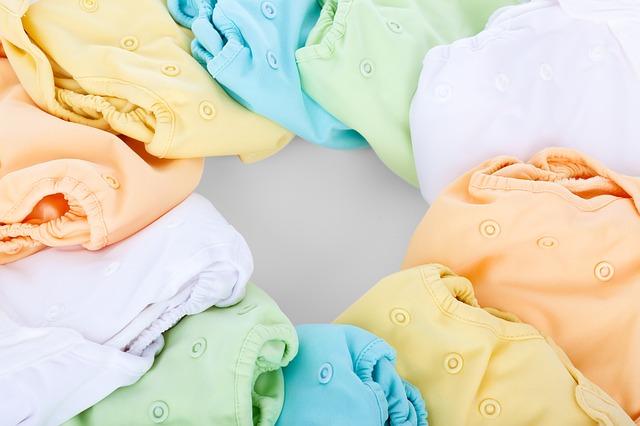
Not only the brand of diapers but especially the size.
Because as is often the case with diaper leaks, the diaper is actually too small and it’s time to go up a size. If the leaks are still occurring, especially through the night, you could always try out overnight diapers.
They’re thicker and more absorbent than regular diapers, so you shouldn’t have to worry about cleaning up a mess come morning.
Diaper booster pads are another handy solution; placed inside the diaper itself, they can absorb up to 2.3litre (8oz) of liquid… that’s quite a lot in diaper land! If anything breaks through, well, you still have the diaper in place. Sorted.
4. Do your post-application checks
You’ve probably applied a diaper a million times. You could do it in your sleep. Often, you feel like you do. But in this autopilot mode, you might be missing out on an important step.
Like running your finger along its edges to check that the leg cuffs wrap around the thigh, with no sign of bunching up or tucking in. Or positioning the tabs downwards, slightly overlapped so that the diaper fits snugly under the belly button,
These post-application checks only take a matter of seconds, but they can save you a lot of time when you don’t have to deal with more diaper leaks!
5. Reduce liquids before bedtime (a tip for toddlers only)
Obviously, babies need to nurse or to take their formula regularly, before bedtime and during the night. But if your toddler is having a drink right before bedtime, well, that could be the reason for your leaky diaper problem.
So mix it up: make sure their last drink is an hour before bedtime and help them stay dry ‘n’ snug through the night.

All the experts, like the folks over at the Sleep Advisor, maintain that sleep is one of the easiest, cheapest and most logical ways to obtain a healthy and happy lifestyle… no matter what age we are.
Get your kids into good sleeping habits early on, and as they grow, they’ll continue to be the positive, thoughtful and well-rested children you raised them to be.
This article was contributed by Sara Cummings.
* * * * *
Like what you see here? Get parenting tips and stories straight to your inbox! Join our mailing list here.
Want to be heard 👂 and seen 👀 by over 100,000 parents in Singapore? We can help! Leave your contact here and we’ll be in touch.


































